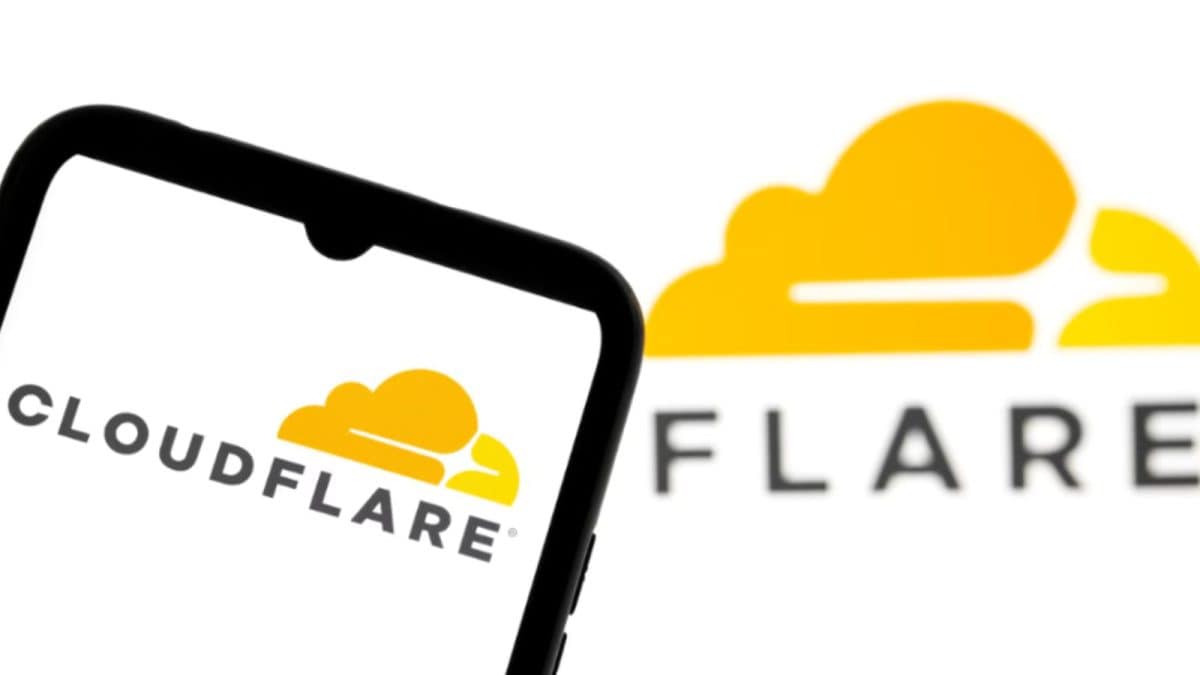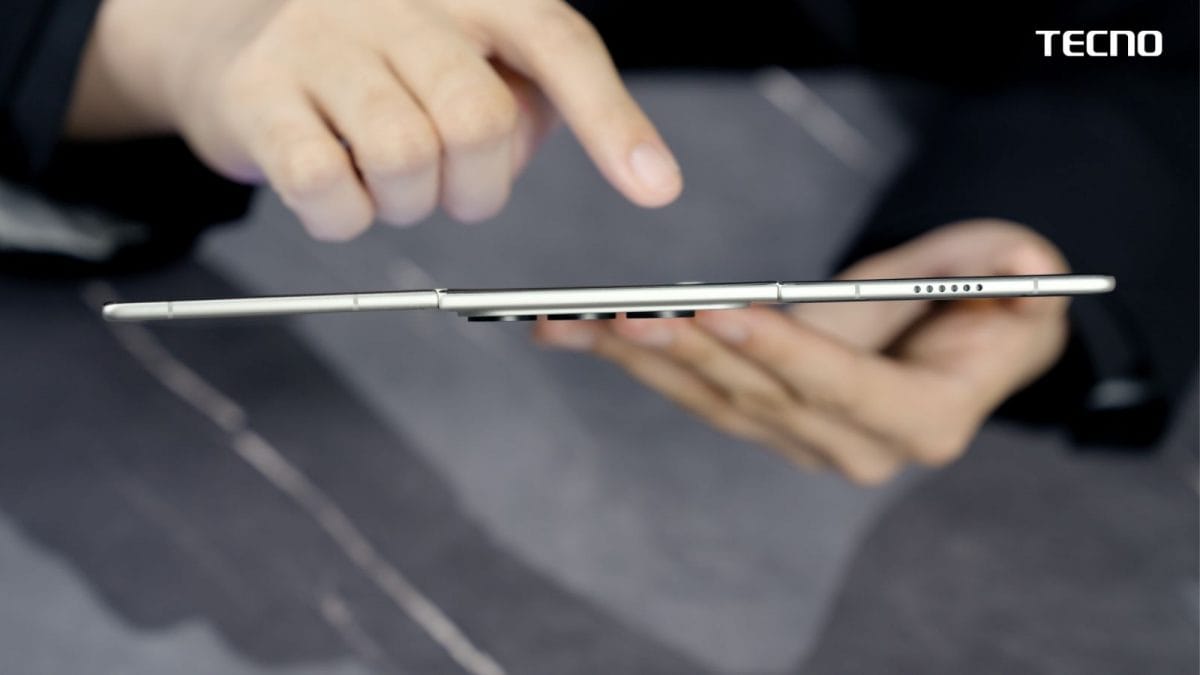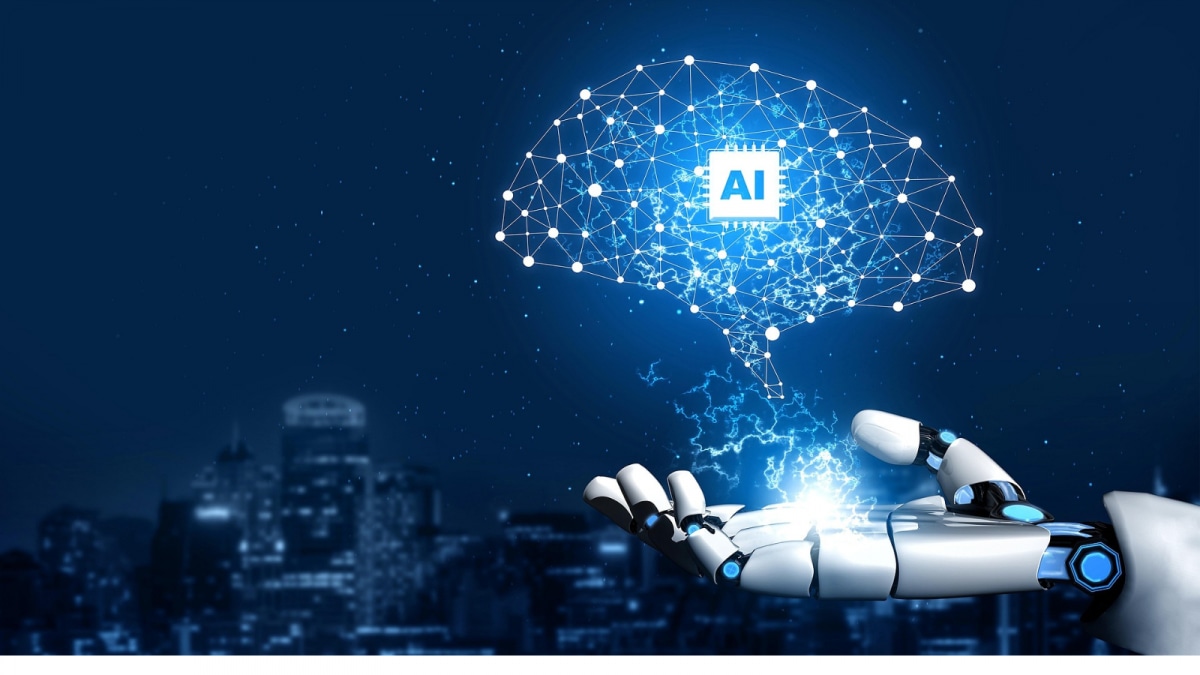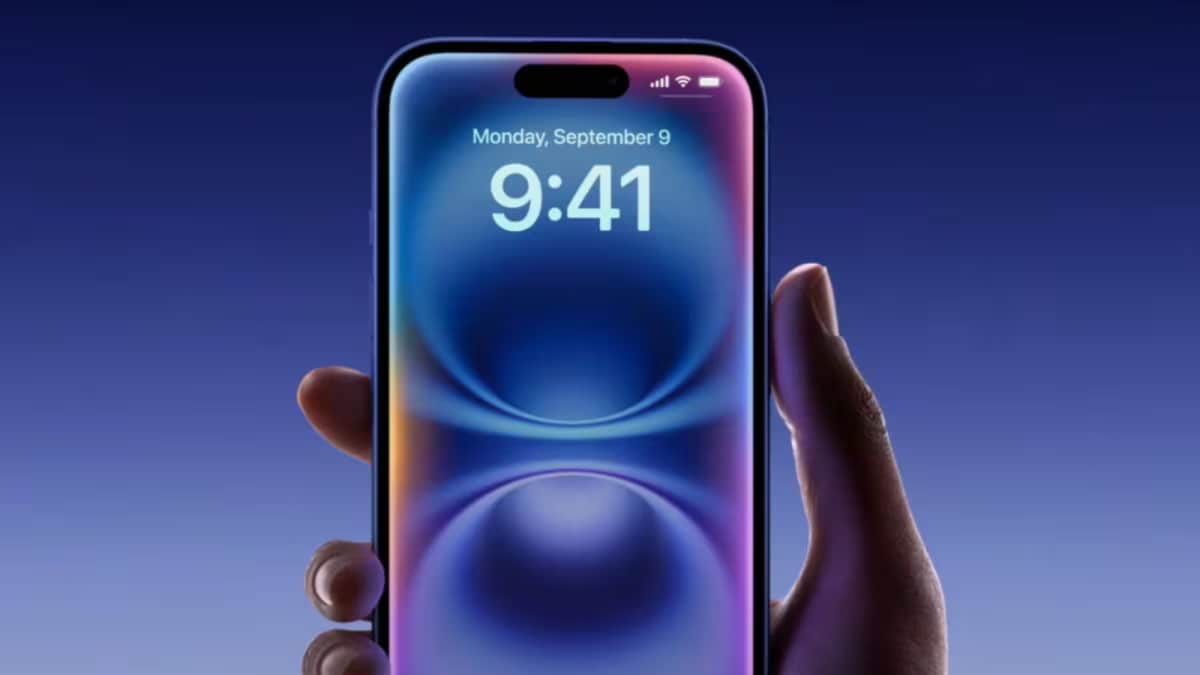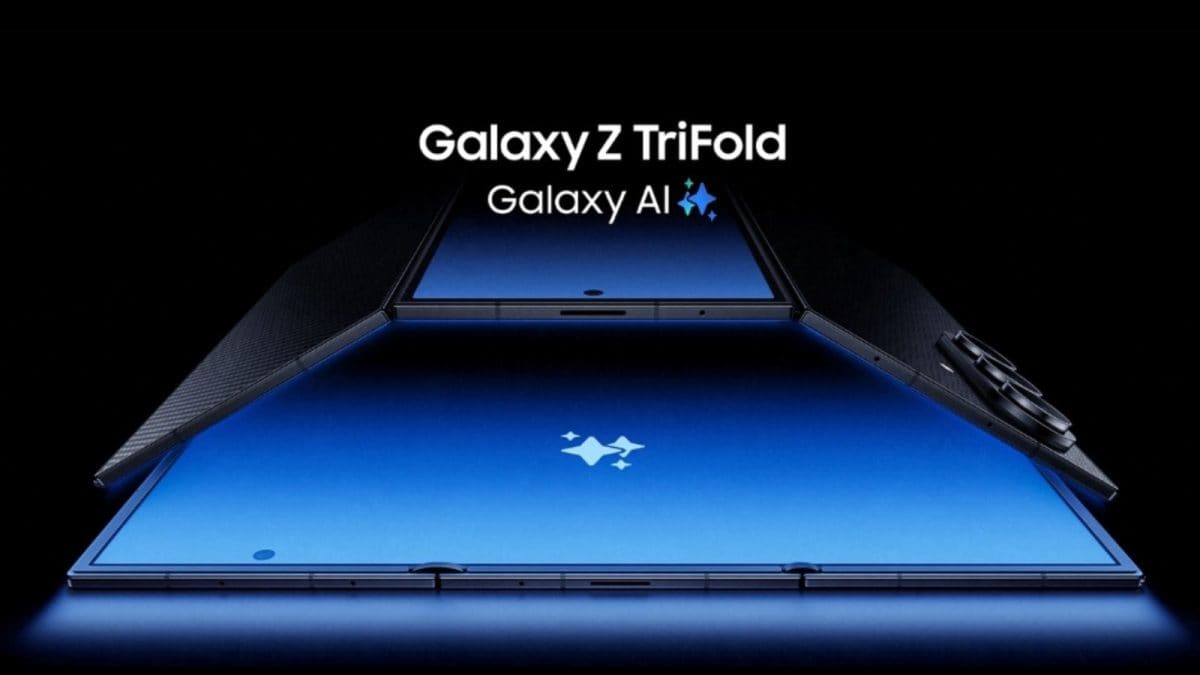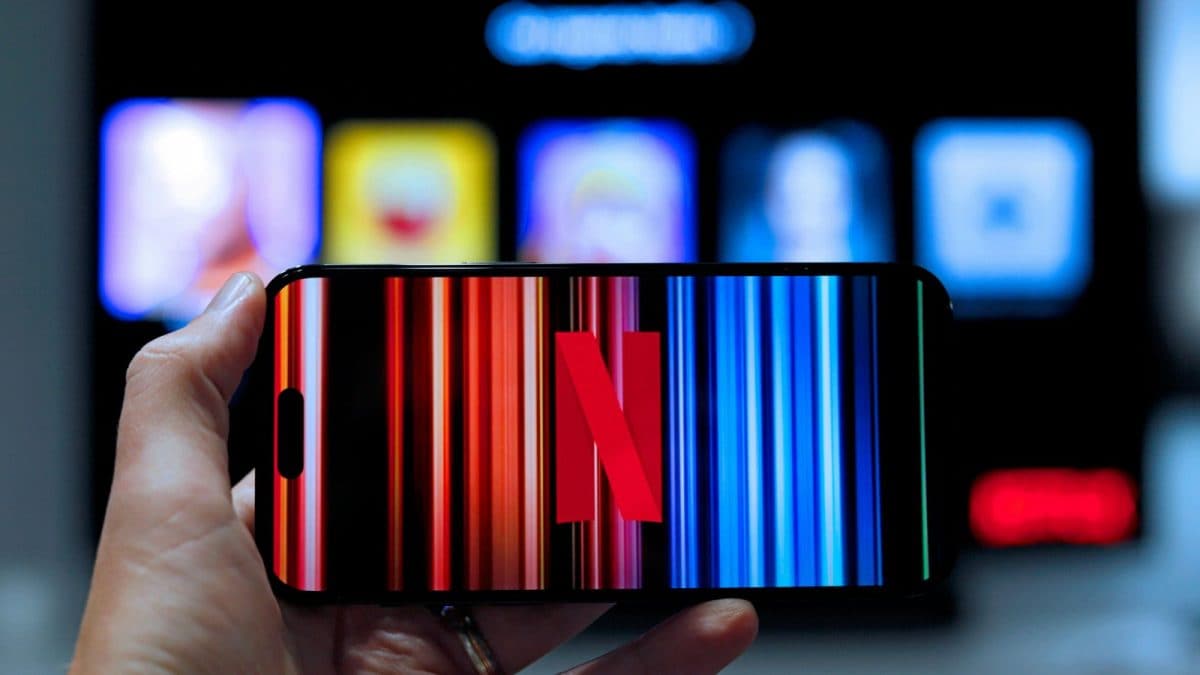Last Updated:October 22, 2025, 16:26 IST
Tesla CEO says work will soon be optional as AI takes over all labour. But while machines promise prosperity, the real test will be how humanity adapts to it

When Elon Musk declared on X that “AI and robots will replace all jobs”, the internet predictably exploded.
When Elon Musk declared on X that “AI and robots will replace all jobs", the internet predictably exploded. The comment came in response to a viral post citing The New York Times, which suggested that Amazon may replace hundreds of thousands of warehouse workers with machines over the next decade.
The Tesla and SpaceX chief’s reply was blunt, and followed by an even more radical claim: “Working will be optional, like growing your own vegetables instead of buying them from the store."
AI and robots will replace all jobs.Working will be optional, like growing your own vegetables, instead of buying them from the store.
— Elon Musk (@elonmusk) October 21, 2025
The remark echoed views Musk has repeated for years. In an interview released in March 2025 with US Senator Ted Cruz and host Ben Ferguson, he said that within ten years, artificial intelligence would be “smarter than the smartest human", billions of humanoid robots would populate the planet, and 90 per cent of all driving would be autonomous. Goods and services, he predicted, would become “close to free". The true challenge, he argued, would no longer be survival, but fulfilment.
ELON: PEOPLE WILL HAVE A HIGHER STANDARD OF LIVING IN AN AI WORLDTed Cruz:
“If AI will be smarter than any person, how many jobs will go away because of that?"
Elon:
“Goods and services will become close to free.
It’s not as though people will be wanting in terms of goods… https://t.co/jf5cX6qqhG pic.twitter.com/nf0VqNFKgp
— Mario Nawfal (@MarioNawfal) October 21, 2025
From ‘Basic’ To ‘High’ Income
Musk’s optimism builds on an idea he first outlined during a 2023 conversation with then UK Prime Minister Rishi Sunak, his rejection of the traditional concept of Universal Basic Income (UBI). Unlike UBI, which redistributes wealth through government stipends, Musk envisions a system where artificial intelligence itself generates the prosperity that sustains society. “We won’t have universal basic income," he said at the time.
“We’ll have universal high income. Everyone will have access to this magic genie… It’ll be the best tutor, the most patient one. There will be no shortage of goods and services. It will be an age of abundance."
ELON: WE WILL UNIVERSAL HIGH INCOME DURING AN AGE OF ABUNDANCE“We won’t have universal basic income.
We’ll have universal high income.
Everyone will have access to this magic genie.
It’ll be the best tutor, the most patient one.
There will be no shortage of goods and… https://t.co/jf5cX6qqhG pic.twitter.com/vA7x50JrrC
— Mario Nawfal (@MarioNawfal) October 21, 2025
In this model, AI and robotics would not simply replace human labour but create almost limitless value, making production so cheap that scarcity largely disappears. It is a techno-economic vision rather than a welfare proposal: if machines can make and distribute everything efficiently, taxation and labour wages become secondary.
He reinforced this idea at the VivaTech 2024 conference in Paris, assigning an “80 per cent chance" to such a future. Under that scenario, automation would dominate manufacturing, logistics, transport, and even creative problem-solving, while humans entered what he called an “age of abundance".
In an August 2024 post on X, Musk said that “everyone will have their own personal R2-D2 and C-3PO", a reference to the Star Wars robots, to illustrate his belief that personal humanoid robots would soon become as common as smartphones.
The humanoid prototypes Tesla is developing under its Optimus project, along with xAI’s planned AI-only software platform Macrohard, are central to that vision. For Musk, they are not just commercial ventures but the foundations of a future economy powered entirely by autonomous systems.
Online Reactions: Between Utopia And Unease
Musk’s statement triggered an avalanche of replies, ranging from fascination to ridicule.
One user, Farzad, asked a practical question on X: “If working becomes optional, how does one decide where to live? What keeps property in Malibu valuable if AIs & robots do all the jobs?" The comment captured doubts about how wealth, scarcity, and ownership would function if money lost meaning.
If working becomes optional, how does one decide where to live?Use Malibu as an example. Basically one of the most “perfect" places to live.
What’s the thing we will use to keep track of the value of a property in Malibu if AIs & Robots do all the jobs?
How will humans… https://t.co/M5K2mMQ6AT
— Farzad (@farzyness) October 22, 2025
A page called Neet wrote, “The richest person in the world, who’s heavily involved with AI, is telling us it’s pointless," while Into the Memory Hole pushed back philosophically: “If everyone is rich then no one is. What is the definition of high income where income means nothing? Everyone is going to have unlimited power, influence, and materials? That’s a world that explodes in a fraction of a second."
Lol what the hell is this even supposed to mean? If everyone is rich then no one is. What is the definition of high income where income means nothing? Everyone is going to have unlimited power, influence, and materials?That’s a world that explodes in a fraction of a second. https://t.co/lm3IKgXMBl
— Into the Memory Hole (@frogNscorpion) October 22, 2025
Others found humour in the absurdity. American Citizen quipped, “So does that mean my robot’s gonna have to pay my taxes too?"
So does that mean my robot’s gonna have to pay my taxes too? 🤔💸— American Citizen 🇺🇸 (@realtalkstruth) October 21, 2025
Meanwhile, a user replied with dry sarcasm: “Yes, and there will be zero negative implications and we’ll all live happily ever after. You don’t hate the tech bros enough."
Yes, and there will be zero negative implications and we’ll all live happily ever after.You don’t hate the tech bros enough. https://t.co/CqlRAvaJc7
— Lane Kendall (@lanedeankendall) October 22, 2025
The tone summed up a broader public divide, excitement over a post-scarcity civilisation versus scepticism that technology alone could erase inequality.
Automation Anxiety Isn’t New
The fear of machines replacing human workers long predates chatbots and warehouse robots. From the textile mills of the Industrial Revolution to the assembly-line automation of the 20th century, each technological leap has triggered waves of anxiety about job losses. Yet the speed and scale of artificial intelligence have made today’s fears more immediate, and harder to dismiss.
Over the past few years, major employers including TCS and Accenture have announced layoffs or hiring freezes while citing automation and generative AI as efficiency measures. Amazon’s accelerating deployment of warehouse robots has further reinforced the perception that human labour is being phased out faster than it can adapt.
According to the World Economic Forum’s Future of Jobs Report 2023, around 23 per cent of all jobs are expected to change by 2027, with 69 million new roles created but 83 million displaced globally. The Labour Organisation has warned that advanced economies could see large-scale “technological unemployment" in clerical, administrative, and routine service sectors, while low-income countries risk a digital divide that limits their access to AI-driven growth.
A McKinsey Global Institute report from 2023 titled Generative AI and the Future of Work in America projects that up to 30 per cent of work hours in the United States could be automated by 2030, especially in retail, food service, transport, and logistics, the very industries already piloting humanoid robots. The IMF has issued similar cautions, estimating in 2024 that nearly 40 per cent of jobs worldwide are “exposed" to some degree of AI-driven automation.
Economists broadly agree that while new types of employment will emerge, from data training to AI oversight, the transition period will be difficult. Millions of workers will need reskilling, governments will face pressure to redesign social safety nets, and companies will be forced to redefine productivity itself. As machines advance, the question is no longer whether jobs will disappear, but how societies will absorb the disruption.
A World Without Work, Or Without Meaning?
Even if Musk’s prediction proves correct, his own interviews acknowledge the paradox. “The challenge will be fulfilment," he told Cruz and Ferguson, a striking admission from someone envisioning a world of material abundance. When goods become cheap and survival assured, the next scarcity, he suggested, will be purpose.
Psychologists and sociologists have long observed that work, for all its flaws, offers people routine, identity, and social connection. Economists call this the “purpose gap", the void left when livelihoods are replaced by passive income. Studies by institutions such as the Brookings Institution and the London School of Economics have noted that communities experiencing long-term unemployment often report declines in well-being and civic engagement, even when income levels are supported by welfare.
In other words, the existential challenge may not be scarcity but meaning itself. If AI truly makes “working optional," humanity could face a deeper question than unemployment: how to find relevance in a world run by machines.
The Debate Is Just Beginning
Visions of a labour-free world have long swung between utopia and dystopia. Musk’s latest comment simply reframes that old dilemma for an era when humanoid robots are no longer theoretical.
Whether his “universal high income" ever materialises will depend less on algorithms than on policy; on how governments choose to distribute the gains of automation, and how people choose to spend their newfound time. For now, the richest man on Earth says the age of abundance is coming. The rest of humanity is still deciding what to do with it.

Karishma Jain, Chief Sub Editor at News18.com, writes and edits opinion pieces on a variety of subjects, including Indian politics and policy, culture and the arts, technology and social change. Follow her @kar...Read More
Karishma Jain, Chief Sub Editor at News18.com, writes and edits opinion pieces on a variety of subjects, including Indian politics and policy, culture and the arts, technology and social change. Follow her @kar...
Read More
First Published:
October 22, 2025, 16:22 IST
News explainers AI And Robots Will Take All Jobs, But Standard Of Living Won’t Fall: Elon Musk’s Bold Theory
Disclaimer: Comments reflect users’ views, not News18’s. Please keep discussions respectful and constructive. Abusive, defamatory, or illegal comments will be removed. News18 may disable any comment at its discretion. By posting, you agree to our Terms of Use and Privacy Policy.
Read More

 1 month ago
1 month ago

